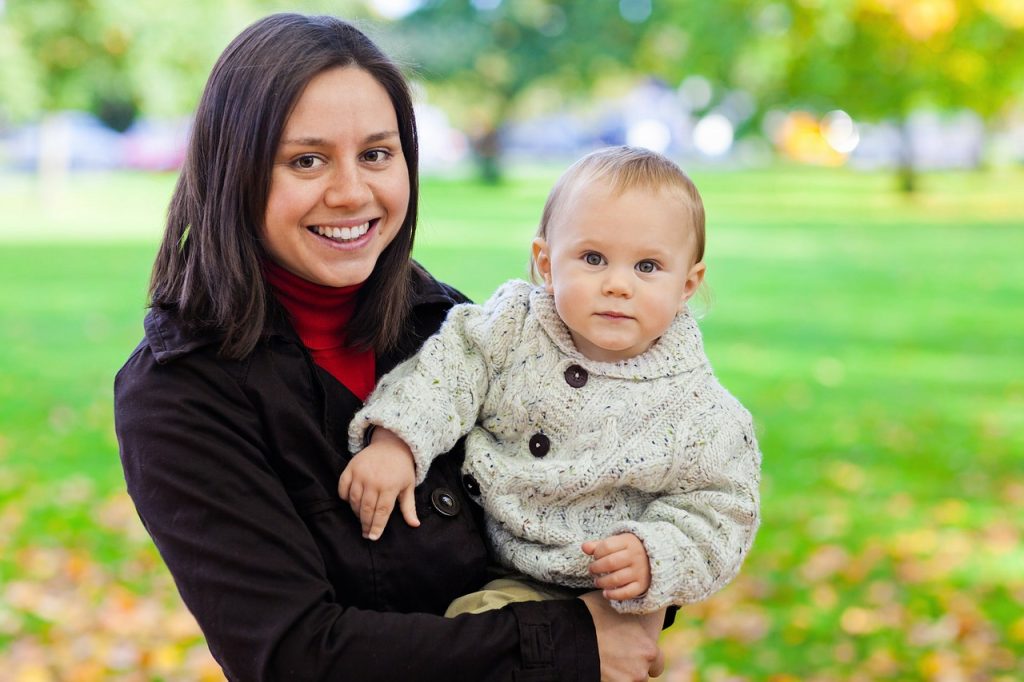The biggest changes to childcare in a decade were announced early this week. A report, entitled More Great Childcare, was sent out by Elizabeth Truss MP, the Minister with responsibility for early years. Two major changes were proposed: relaxing the adult:child ratio for childminders and nurseries and setting out new plans for qualifications. This is the first of two blog posts on the report – first we’re going to look at ratios and the second post will be about qualifications.
What are the changes?
For nurseries the ratios will become 1 adult to 4 babies and 1 adult to 6 toddlers with no change to the ratios for pre-schoolers.
Childminders will still be allowed to care for 6 under 8 but routinely 4 under 5, of which 2 can be under 1 instead of 3 under 5, 1 under 1.
There is no change affecting ratios for nannies.
We spoke to Penny Webb, a childminder with 30 years’ experience who starteda petition against the changes. She currently uses the exception granted under EYFS2012 to regularly care for four or five under-5s on grounds of continuity of care.
“I am shattered every day, I am doing more tasks in my own time that used to be able to fit into the working day. I am passionate about childminding – the children will always come first and will always experience outstanding care and education but I know that I can not maintain this level of commitment and this level of effort long term.” Penny Webb, Childminder
She also warns against the impact on children of childminders who rush into caring for too many children at once with little or no experience. Even as a mother of four and with many years of professional experience she has been surprised by how tiring her current workload is.
“I do know people will do it for the money – I also think some will take on more children – with best intentions and then ‘crash and burn’. This will be bad for the children as either will stay with that minder and not have the best experiences – or the minder will be honest and the child will have to go to a different setting – very bad for emotional development.” Penny Webb, Childminder
That’s without even getting started on the lack of space in most homes for 4 under-5s, the difficulties finding triple prams, the cost of a seven-seater and car seats, and the sheer enormity of keeping 4 under-5s safe when out and about. The Minister also shows no sign of allowing OFSTED to slacken their regulatory role, intending to make them the sole authority over childcare settings (the role is currently shared with Local Authorities). This means the paperwork burden on childcarers who are obliged to follow EYFS will go up by 30% for childminders and 50% for nursery staff.
Em, a former nursery worker who is now a nanny, highlighted that current arrangements already impacted to the interaction she was able to have with the children ‘to their disadvantage’. She feels becoming a nanny gave her freedom to really bond with children and follow their interests, and the care the children receive is better for that.
“That kind of ratio would seriously change my mind about nursery work [in the future] especially with the paperwork burden on nursery staff at the moment let alone with more children in their care. It’s insane!” Em, Nanny
Private nurseries in favour of the changes have been accused of only being interested in profit however Sarah Steel, MD of The Old Station nursery points out that any cost saving from relaxed ratios is likely to be eaten up by increasing quality, paying staff a higher wage and subsidising Early Years funding. The most worrying consequence she sees is a potential two-tier system.
“Those in most deprived areas, where nurseries are already struggling to survive, will have to embrace lower ratios, but this may be at the cost of quality.” Sarah Steel, MD, The Old Station Nursery
This is most evident in areas which are supposed to offer funded places for 2 year olds, an age group where the number of children per adult has been increased by 50% and where struggling nurseries may have no choice but to make ends meet by reducing staff costs. Even experts are unsure that more children per adult will lead to a reduction in cost. Eva Lloyd, from the University of East London, said there was no relationship between ratios and cost to parents. She is also sceptical that higher quality will be possible under the proposed changes and it’s easy to see why. The most highly qualified childcarer is physically limited in the number of children they can safely care for or comfort at once. Higher ratios may effectively prevent them from deploying their knowledge and reduce them to refereeing hordes of toddlers. The members of the PLA seem inclined to agree and Laura Henry, an early years consultant but also parent of two boys, posted an impassioned letter on her blog aimed at parents.
Even though the changes proposed don’t mention nannies it would be naïve to assume they won’t somehow be affected. On the one hand it’s good news for the sector – parents who are unhappy about the quality of care offered by local childminders or nurseries may look into a nanny or nanny share. A nanny with 4 under 5 would still be able to dedicate more time to his/her charges because nannies are not required to provide reams of paperwork for OFSTED inspections. On the other hand parents may find it more difficult to find quality candidates. It doesn’t take a GCSE in maths to work out that reducing the required number of adults to care for a roomful of 12 toddlers from 3 to 2 leaves a member of staff without a job. The BAPN expressed concern that the nanny market may become flooded by nursery workers who have been made redundant because they are no longer perceived as fit to work in nursery settings, leaving an entire sector of the market lagging behind in terms of quality.
Many parents are unhappy about the changes. The online parenting forum Mumsnet revealed that only 5% of members surveyed polled in favour of relaxed ratios and Netmums reported a figure of 20% in favour. They may still be faced with an impossible choice, to pay over the average for a provider with low ratio and high quality care or accept lower quality care for lower cost. Parents who are unable to get spaces in settings offering coveted lower ratios may stretch themselves to pay for a nanny until the funded hours kick in at 3 years old, an age group unaffected by the ratio changes.



